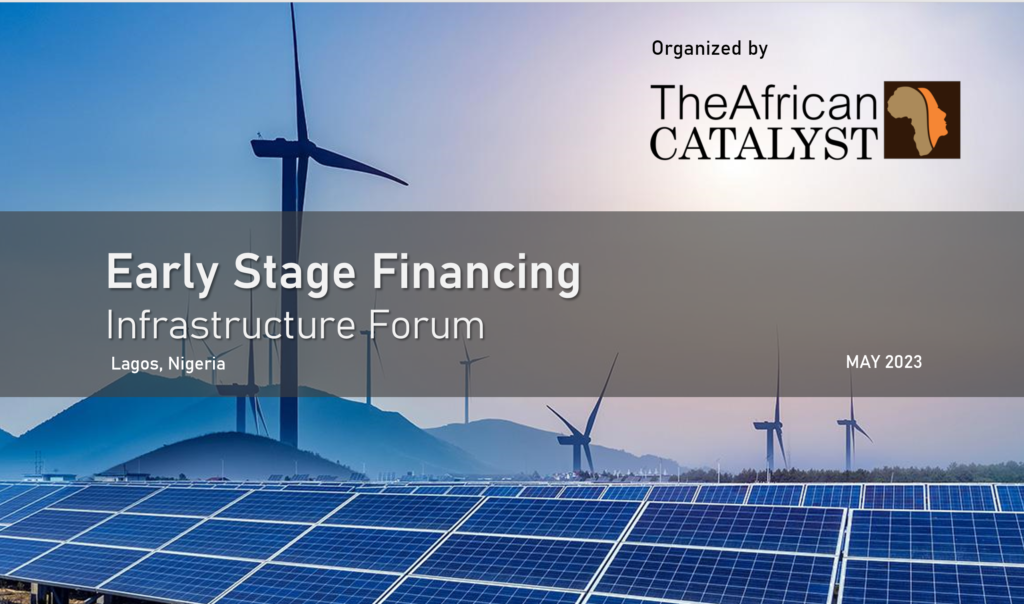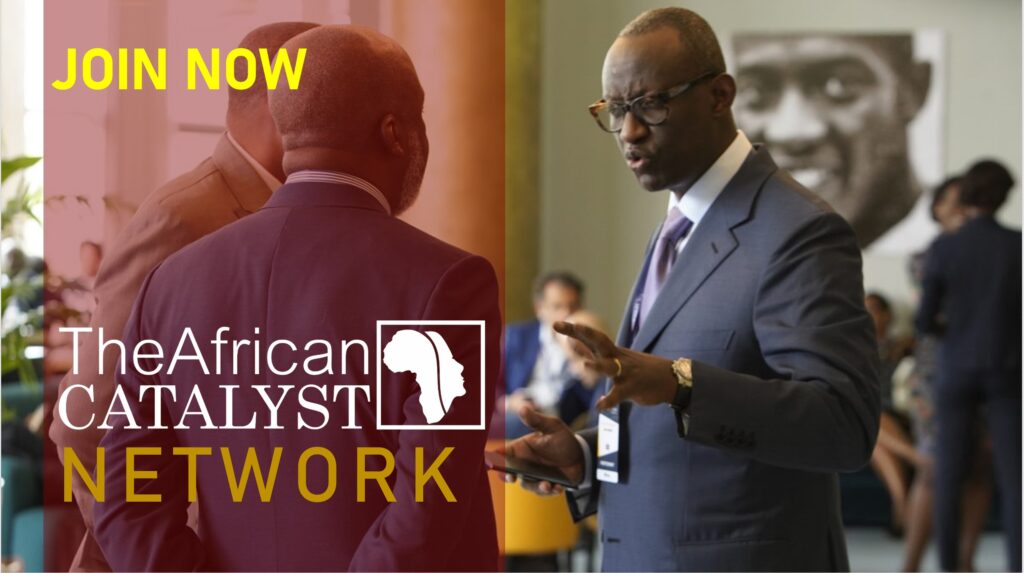According to the IMF, Africa’s infrastructure sector is at a pivotal juncture, as it faces a massive infrastructure deficit, affecting both the achievement of structural transformation and market integration. This inadequacy also impedes Africa’s trade, agriculture, and investment, affecting the quality of life of the people.
For the continent to avoid economic stagnation, and close the infrastructure gap, the private sector will have to play more of a role in economic development.
This article by The African Catalyst reviews publications and reports on how to attract private finance to Africa’s development, highlighting key facts and insights.
Private Finance in Africa’s Development
The IMF asserts that infrastructure—both physical (roads, electricity) and social (health, education)—is one area where the private sector could be more involved. Furthermore, Africa’s infrastructure development needs are huge—in the order of 20 percent of GDP on average by the end of the decade.
All else equal, the main source of financing would be more tax revenue collections, something that most countries are working towards. But, given the scale of the needs, new financing sources will have to be mobilised from the international community and the private sector.
Africa is a continent that holds immense opportunity for private investors. It has a young and growing population and abundant natural resources. Cities are seeing massive growth.
Many countries have launched long-term industrialisation and digitization initiatives. But significant investment and innovation are necessary to unlock the region’s full potential. Recent research published by IMF staff shows that the private sector could, by the end of the decade, bring additional annual financing equivalent to 3 percent of sub-Saharan Africa’s GDP for physical and social infrastructure. This represents about $50 billion per year (using 2020 GDP) and almost a quarter of the average private investment ratio in the region (currently 13 percent of GDP).
What Constrains Private Finance Now?
At the moment, the private sector is not involved much in financing and delivering infrastructure in Africa, compared to other regions. Public entities, such as national governments and state-owned enterprises, carry out 95 percent of infrastructure projects.
The volume of infrastructure projects with private sector participation has significantly declined in the past decade, following the commodity price bust. The limited role of private investors is also apparent from an international comparison perspective.
And when investment does go to Africa, it is predominantly to natural resources and extractive industries, not health, roads, or water. To attract private investors and transform the way Africa finances its development, improvements in the business environment seem critical.

According to the IMF, the following are three key risks that dominate international investors’ minds:
- Project Risk: Despite Africa presenting a wealth of business opportunities, the pipeline of projects that are truly “investment-ready” remains limited. These are projects sufficiently developed to appeal to investors that do not want to invest in early-stage concepts or unfamiliar markets. Financial and technical support by donors and development banks can help countries fund feasibility studies, project design and other preparatory activities that expand the pool of bankable projects.
- Currency Risk: Imagine that a project yields a return of 10 percent a year, but the currency depreciates by 5 percent at the same time—this would eliminate half of the profits for foreign investors. No wonder currency risk is a top concern for them. Prudent macroeconomic policy combined with sound foreign exchange reserve management can greatly reduce currency volatility.
- Exit Risk: No investor will enter a country if they don’t have assurances that they can also exit by selling their stakes in a project and recouping their gains. Narrow and underdeveloped financial markets may prevent investors from exiting by issuing shares. Capital controls can slow down or increase the cost of exiting. And, when the legal framework is weak, investors may get bogged down in legal battles to have their rights recognized.
Read more here.


